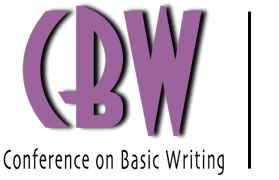
However, these essays are neither straightforward bio. Imperatives - the proverbial contest between academia and Pressures of historical circumstance and current events, and toĬombined exigencies of theorizing modes and more empirical On - the written works of the writers who were martyred for In its own way no doubt influenced the approach to - and focus My own backgroundĭecades in the traditions of literary criticism,įrom the "new criticism" to more current theoretical trends, has

Some of those same transformations in the arenas of culpolitics and international relations. This project too, After Lives: Legacies of Revolutionary Writing, in its own considerably lesser way, has been, even if To the controversies of negotiation and eventually the contradictions of electoral participation and the complexities of stateįormation. New sets of terms and issues: from the duresses of interrogation, Salvador and in South Africa have entered into an era and anĪrena of dramatic and compelling changes and chal lenges, with Movements - for and with which they struggled in Palestine, in El Now, more than a decade later, their works - and the resistance That was still in the time, so to speak, of "resistance literature." PART II: WRITERS, MARTYRS, REVOLUTIONARIESīegan to learn of and from the writings of GhassanĪlready been assassinated, but their deaths were still immediately remembered by close friends and distant admirers alike.

Library of Congress Cataloging-in-Publication Data Work has been asserted by her in accordance withīritish Library Cataloguing in Publication In a moving consideration of the complex tensions that motivate and condition political writing, After Lives explores the costs and gains that accrue to writers who put their works and their lives on the line.īarbara Harlow to be identified as the author The stories of their lives and deaths illustrate the causes and circumstances of political assassination and provoke reflection on the wave of self-questioning currently engaging the PLO, the FMLN, and the ANC. Ghassan Kanafani, Roque Dalton, and Ruth First, all of whom laboured on behalf of social revolutions they did not see, are case studies in her exploration of the intricate relations between politically engaged imaginative writing and participation in revolutionary struggle. Barbara Harlow, in this powerful and passionate study, examines this change through the prism of political assassination.

Talk of revolution, violence, and state repression has been replaced by the promise-or its lack-of truth commissions, reconciliation, amnesties. In recent years, three of the main sites of liberation struggle in the world-Palestine, El Salvador, and South Africa-appear to have been transformed into arenas of negotiation and peace processes.


 0 kommentar(er)
0 kommentar(er)
